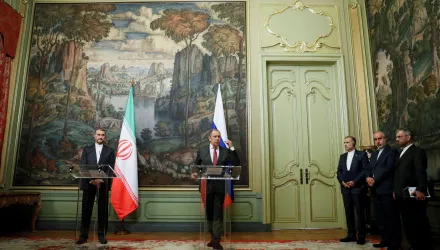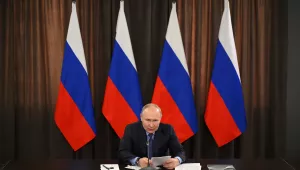Speakers: Peter Krause, Co-Editor, Coercion: The Power to Hurt in International Politics; Phil M. Haun, Dean of Academics, U.S. Naval War College; Tristan Volpe, Assistant Professor, Defense Analysis Department, U.S. Naval Postgraduate School
A discussion of the new edited volume, Coercion: The Power to Hurt in International Politics, by a co-editor and two of the contributing authors.
From the rising significance of non-state actors to the increasing influence of regional powers, the nature and conduct of international politics has changed dramatically since the Cold War era. Yet much of the literature on deterrence and compellence continues to draw (whether implicitly or explicitly) upon assumptions and precepts formulated in—and predicated upon—politics in a state-centric, bipolar world. This volume weaves together fresh theoretical perspectives and contemporary case studies with a particular focus on new actors, strategies and objectives in this very old bargaining game. The chapters in this volume focus on tools (e.g. terrorism, sanctions, drones, cyber warfare, intelligence, and forced migration), actors (e.g., insurgents, social movements, and NGOs) and mechanisms (e.g., trilateral coercion, diplomatic and economic isolation, foreign-imposed regime change, coercion of nuclear proliferators, and two-level games) that have become more prominent in recent years, but which have yet to be extensively or systematically addressed in either academic or policy literatures. The volume examines intra-state, inter-state, and transnational coercion and deterrence as well as both military and non-military instruments of persuasion, thus expanding our understanding of coercion for conflict in the 21st century.
Please join us! Coffee and tea provided. Everyone is welcome, but admittance will be on a first come–first served basis.




